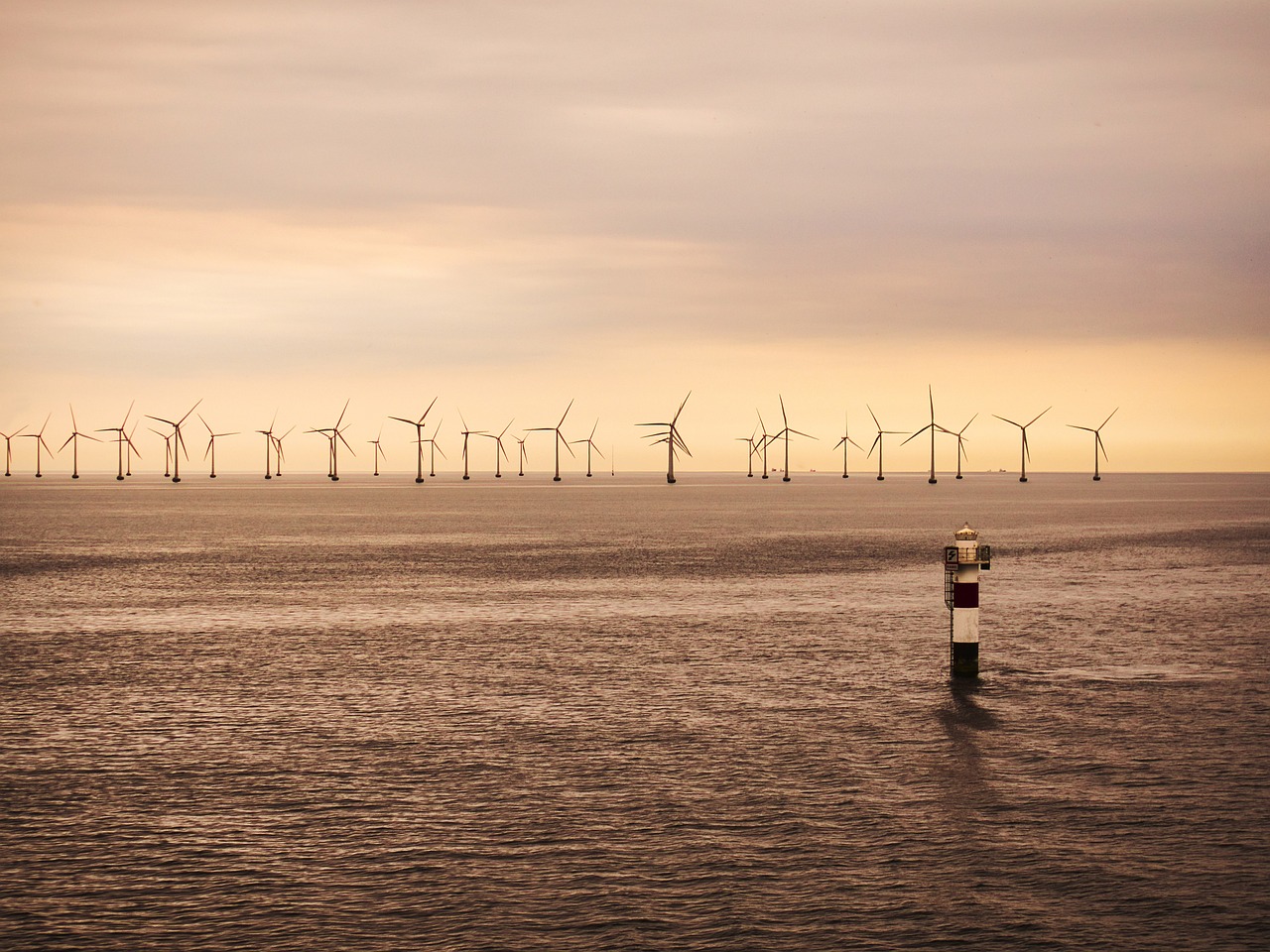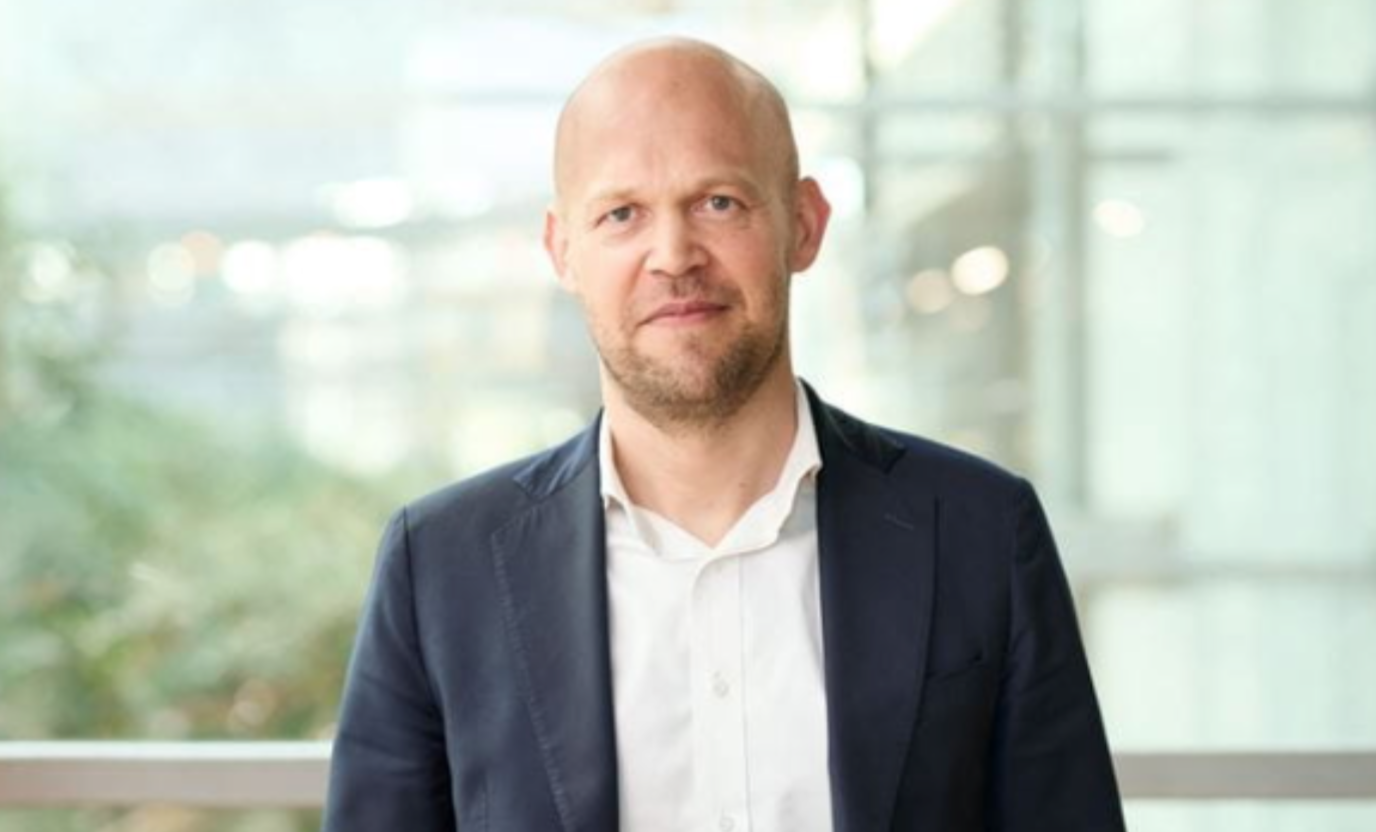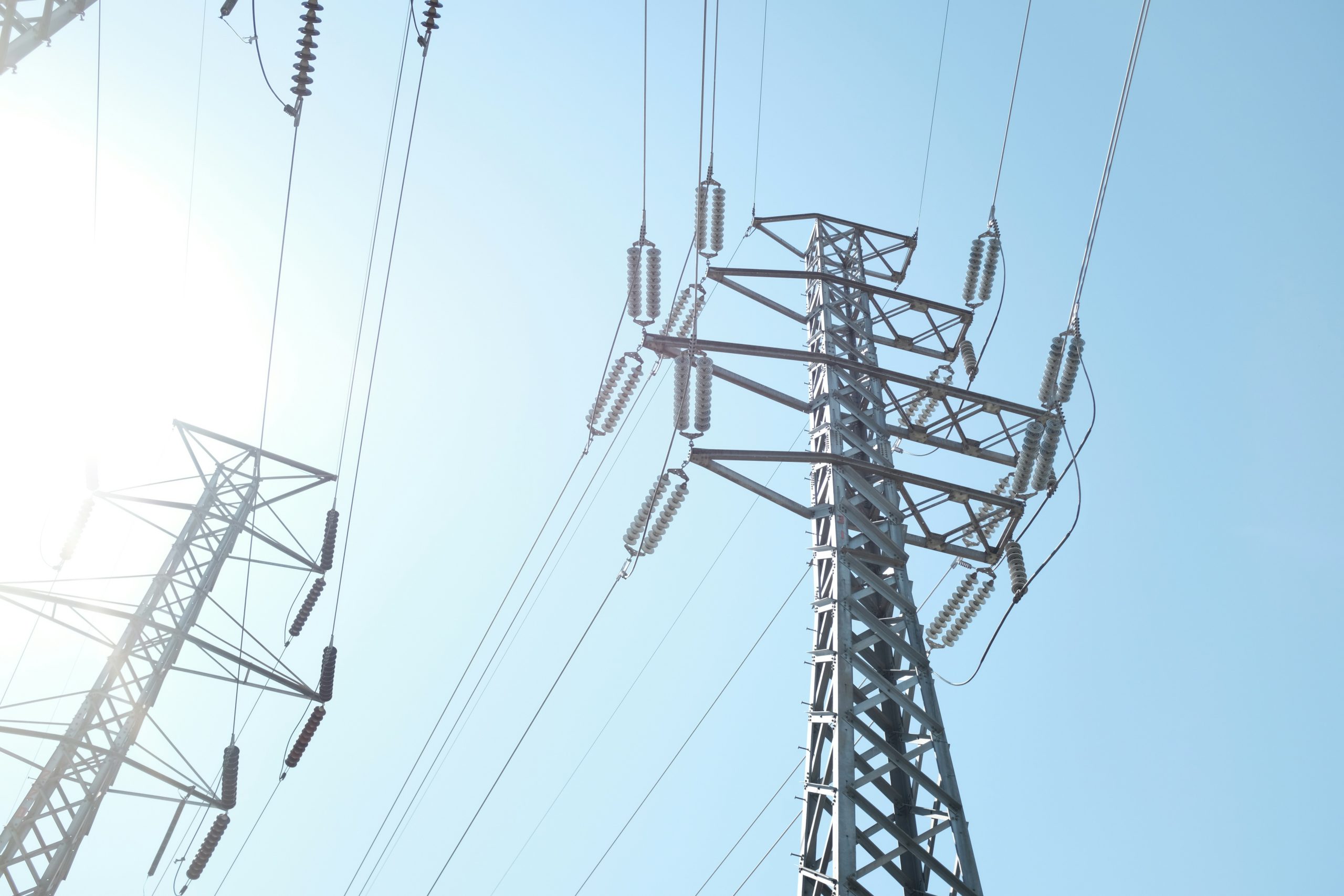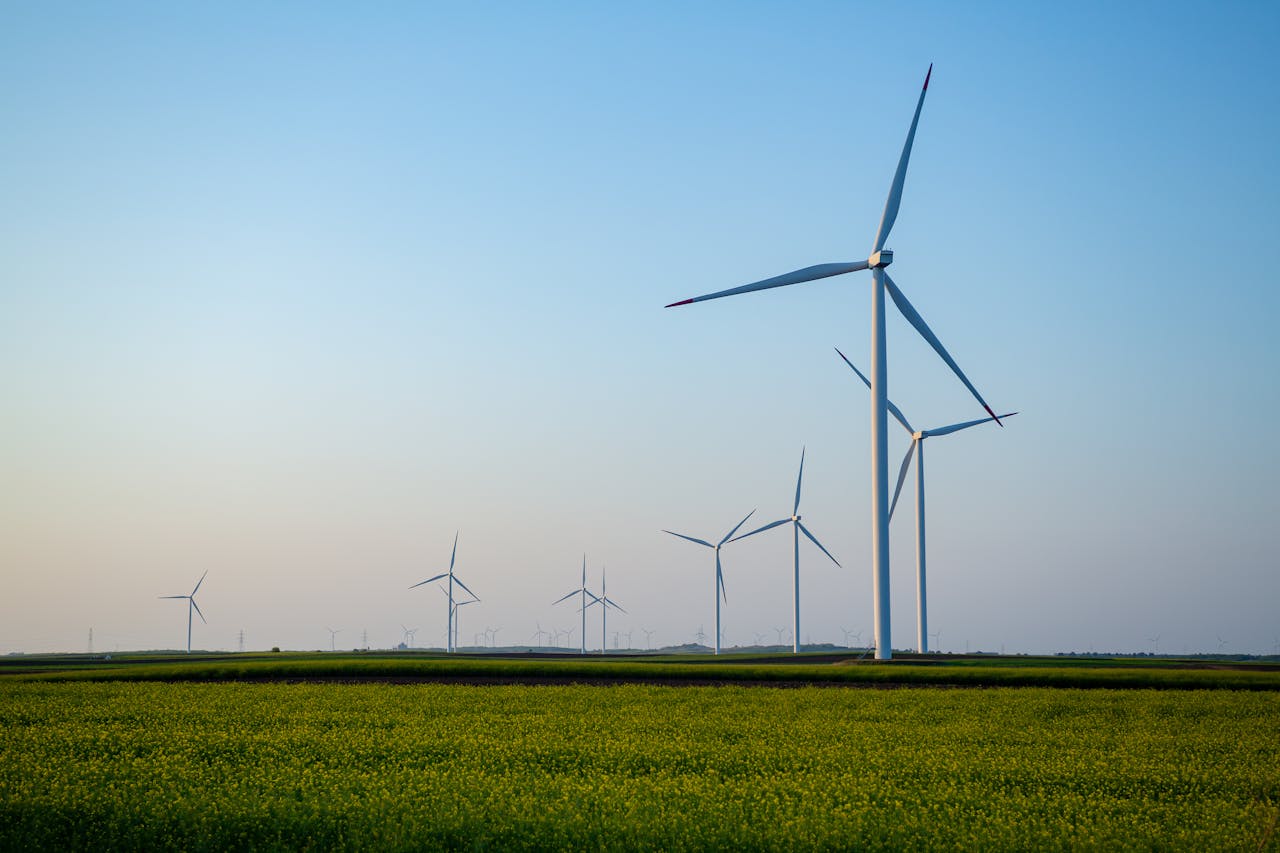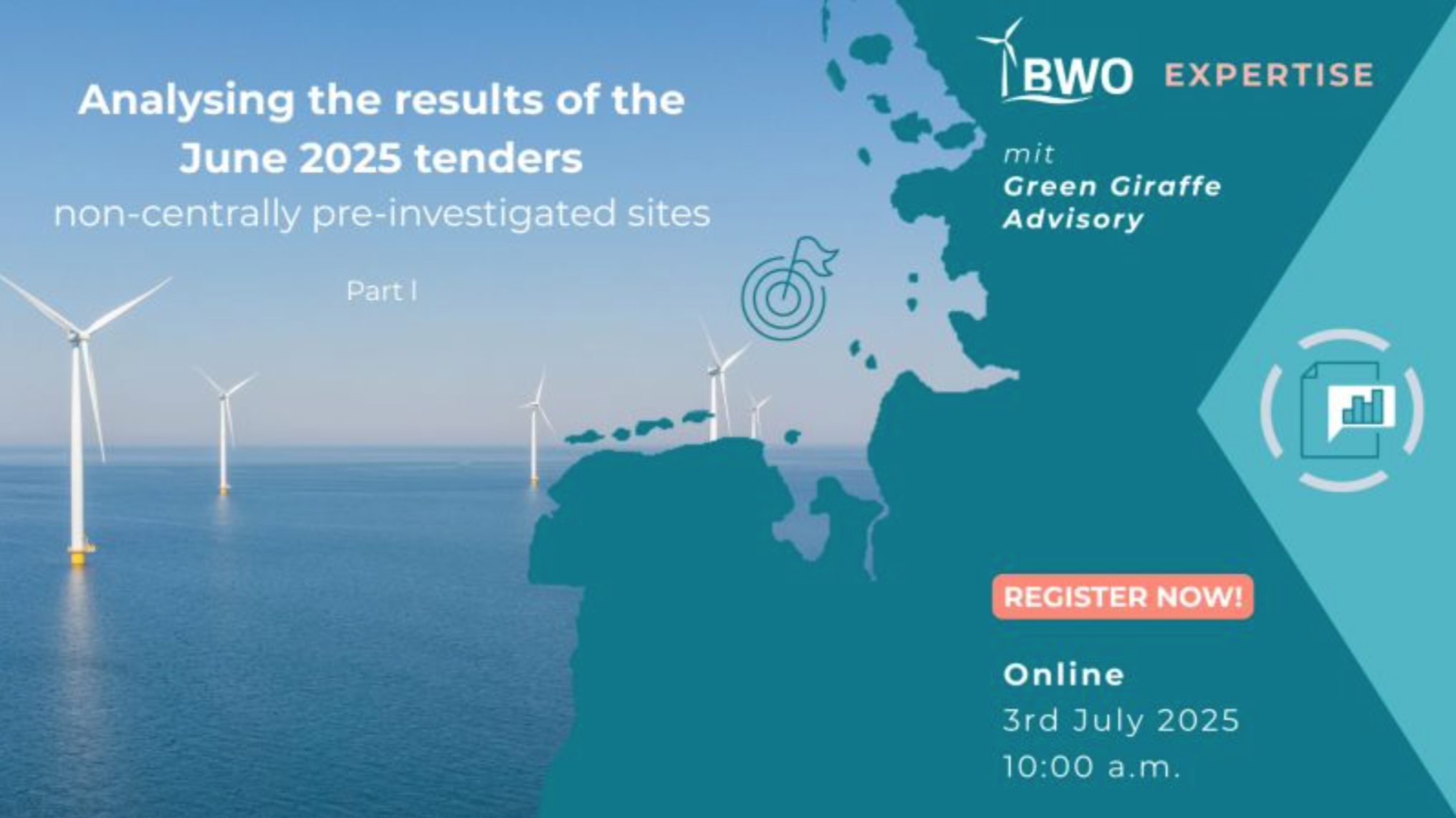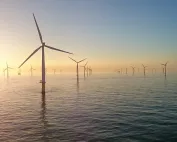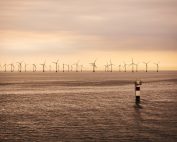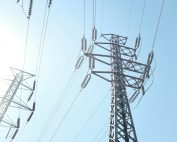On May 17, representatives of RES developer Iberdrola laid the cornerstone for the second operations building for the Baltic Eagle and Windanker offshore wind farms. The building will be built in the Mukran Port in Sassnitz.
The construction of the new operations building is another step in the company’s commitment to Rügen and Mecklenburg-Vorpommern. The investor is developing three wind farm projects – Wikinger 350 MW (operational project), Baltic Eagle – 476 MW (under construction), Windanker – 300 MW (planned)
In the future, two more offshore wind farms will be operated, monitored and maintained from the new building. Baltic Eagle only recently received approval from the Federal Maritime and Hydrographic Agency (BSH) for construction, and is scheduled to be operational in 2024. In the case of the planned Windanker wind farm, it successfully exercised its rights to the O-1.3 area, which was pre-developed by its subsidiary Windanker GmbH, in November 2021. The project will be completed in 2026.
“In the future, the two offshore wind farms Baltic Eagle and Windanker will be operated from Sassnitz on the island of Rügen, as will the offshore wind farm Wikinger. By building a second operations building, Iberdrola is attaching itself to the location in Mecklenburg-Vorpommern and contributing to local and regional value creation. The work is scheduled to be completed by the end of this year”, Iberdrola representatives said.
The ceremony was attended by local officials. Jochen Schulte, State Secretary at the Ministry of Economic Affairs, Infrastructure, Tourism and Labour of Mecklenburg-Vorpommern, said that offshore wind energy is an important element for achieving climate neutrality goals and building a hydrogen economy in Mecklenburg-Vorpommern.
In total, the Baltic Hub will have an installed capacity of over 1.1 GW by 2026, resulting in a total investment of around €3.5 billion. The Baltic Eagle project alone will allow to avoid emissions of approximately 800,000 tons of CO2 per year and will supply renewable energy to approximately 475,000 households. In total, the Baltic Hub will be able to supply more than 1.1 million households in Germany with electricity from 2026. This corresponds approximately to the entire energy demand of private households in Mecklenburg-Vorpommern.
Sources: Linkedin, government-mv.de, Main photo: 📸 Marcus Friedrich



